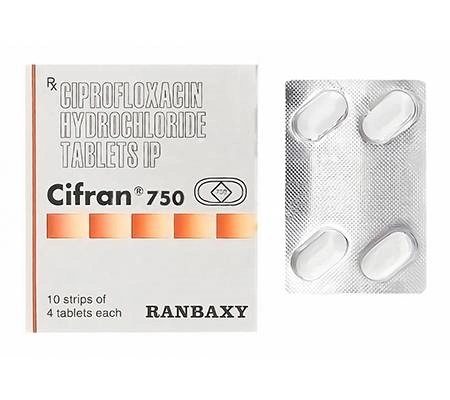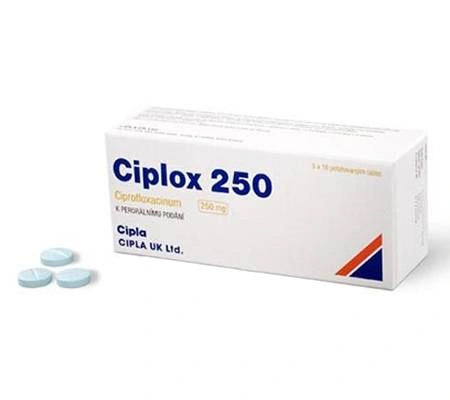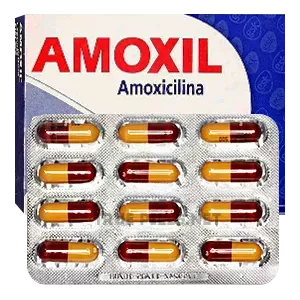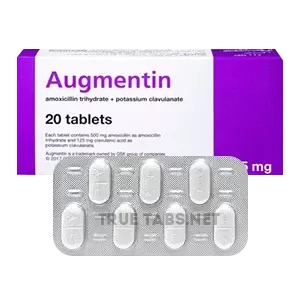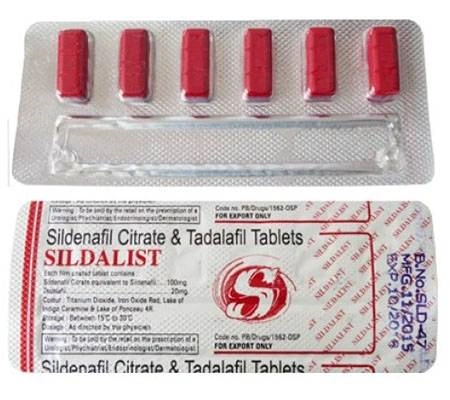Ciprofloxacin is an antibiotic from the quinolone class that stops bacterial growth. It treats various infections, including urinary, respiratory, skin, gastrointestinal, and bone infections. It is ineffective against viral illnesses like colds or flu.
Before Taking
Inform your doctor if you have:
- Joint issues (especially in children)
- Heart, kidney, or liver disease
- History of seizures
- Allergies to antibiotics or other medications
- Pregnancy or breastfeeding
Dosage Instructions
- Take orally with water at regular intervals.
- Complete the full course, even if symptoms improve.
- Can be taken with or without food, but avoid dairy (milk, yogurt) or calcium-fortified juice alone.
- Pediatric use requires medical supervision.
Overdose & Missed Dose
- Overdose: Seek emergency help immediately.
- Missed dose: Take as soon as possible. Skip if close to the next dose—never double dose.
Drug Interactions
Avoid with:
- Cisapride, droperidol, terfenadine, tizanidine
Use cautiously with:
- Antacids, caffeine, diabetes medications, NSAIDs (ibuprofen, naproxen)
- Blood thinners (warfarin), theophylline, multivitamins, sucralfate
- Other drugs: cyclosporine, methotrexate, phenytoin
Precautions
- Report persistent or worsening symptoms.
- Avoid antacids, iron, zinc, or magnesium 6 hours before/after dosing.
- May cause dizziness—avoid driving or hazardous tasks.
- Increases sun sensitivity—use sunscreen and protective clothing.
- Do not self-treat diarrhea; consult a doctor if severe or lasting over 2 days.
Possible Side Effects
Serious (seek medical help):
- Allergic reactions (rash, swelling, breathing difficulty)
- Irregular heartbeat, joint/muscle pain, seizures
- Skin peeling, confusion, severe dizziness
Common (usually mild):
- Nausea, diarrhea, mouth sores
Storage
- Keep at room temperature (below 30°C/86°F) in a tightly closed container.
- Dispose of expired medication properly.
Note: This medication is prescribed individually—do not share with others. Always follow your healthcare provider's instructions.


